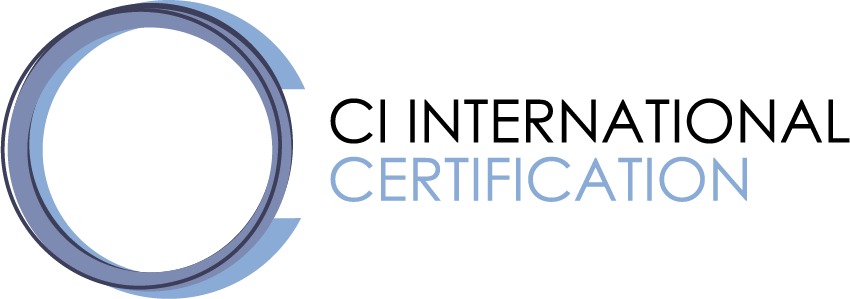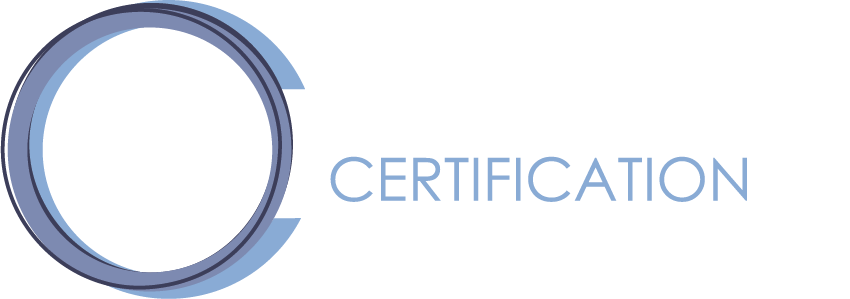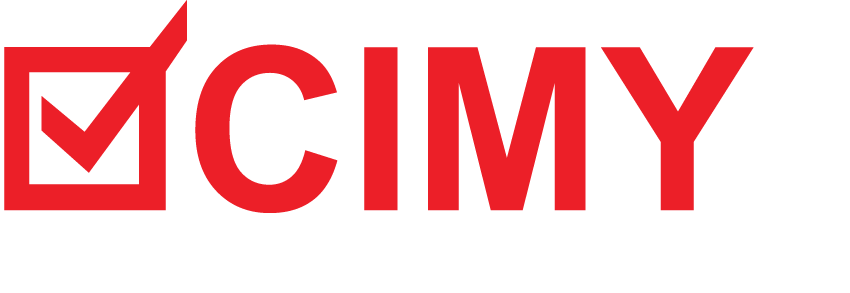All certification decisions by CI International Certification (CI) including granting, refusing, maintaining, renewing, suspending, restoring, withdrawing or changing the scope of certification are made by qualified and competent personnel who are independent of the audit and assessment process. These decisions are carried out by designated members of the Certification Review Panel or other authorized decision-makers to ensure impartiality and objectivity in full compliance with ISO/IEC 17021 requirements. Each decision is based on a thorough review of audit findings, corrective actions (where applicable) and supporting documentation ensuring that all conclusions are grounded in objective evidence and aligned with the applicable certification standards. CI remains committed to maintaining transparency, avoiding conflicts of interest and upholding the integrity of its certification processes.
Maintaining and Renewing the Certification
Certified organizations are responsible for facilitating all audit activities by providing access to relevant documentation, processes, areas, records, and personnel. They must also notify CI without delay of any changes that may impact their management system’s compliance with the certification standard. This includes changes in legal status, ownership, management, location, scope of operations or significant system alterations.
To maintain certification, organizations must undergo periodic surveillance and recertification audits within defined timeframes. Non-conformities identified during the recertification audit must be resolved and closed before the current certificate expires to avoid the need for a full initial assessment (Stage 1 and Stage 2).
In cases of substantial organizational changes during the certification cycle, a Stage 1 audit may be required prior to recertification. Audit scheduling must adhere to strict timing requirements to ensure continuity of certification. Delays beyond the specified tolerances may necessitate additional audit time or a full re-assessment.
Refusing Certification
Certification may be refused when an organization does not meet the necessary conditions for certification. This may occur due to one or more of the following reasons:
- Incomplete Stage 1 or Stage 2 audit and assessment;
- Failure to make payment as stated in the agreed certification quotation;
- Failure to respond with satisfactory corrections or corrective actions for major non-conformities, or refusal to allow a required re-audit.
In such cases, the certification process will not proceed. However, if an organization disagrees with the decision, it has the right to appeal in accordance with the procedures Appeal.
Suspension and Restoring of Certification
A certification may be suspended either by the CI International Certification or upon request by the client. The reason for suspension will be clearly communicated and a formal suspension notice will be issued.
During suspension, the client:
- Must cease all promotion and use of the certification mark.
- Is required to notify any customers who were engaged based on the suspended certification.
- Will be informed of the reinstatement requirements, which must be fulfilled within six (6) months from the suspension date.
Reinstatement conditions include:
- If suspension occurs before a scheduled surveillance audit, a minimum of a recertification audit is required.
- If suspension occurs before recertification, a full initial certification (Stage 1 & Stage 2 audit) is required.
Suspension may result from:
- Missed surveillance audits (especially if exceeding 15 months from the last audit).
- Major non-conformities without effective corrective actions.
- Misuse of the certification mark.
- Failure to respond to corrective action requests.
- Refusal to allow required witnessing audits by CI or accreditation body representatives.
If the issue is not resolved within the 6-month suspension period, the certificate will be withdrawn. Re-certification will then require a full initial assessment.
Termination or Withdrawal of Certification
Certification may be terminated by CI with three months’ written notice under circumstances such as breach of terms not remedied within 30 days, insolvency, or liquidation of the organization. Immediate termination may occur if the organization engages in conduct deemed damaging to CI’s reputation or certification integrity.
If no part of the assessment services is requested in writing within one year from quotation acceptance, the certification is considered voluntarily terminated. Additionally, clients may request withdrawal of their certification, with reasons to be provided and recorded where possible.
In all cases of termination or withdrawal, CI will notify the client that use of the certification mark must cease immediately. The client is also required to inform relevant customers who relied on their certification and return all certificates issued.
Scope Modification (Reduce or Extend)
Scope reduction is applied when an organization fails to meet certification requirements for a particular area or activity within the certified scope. In such cases, CI will revise the scope to exclude the non-compliant part, ensuring that the certification only covers areas where conformity with the standard is maintained. Certified Organization will be formally notified of the reduction, and will be advised that promotion or use of the certification mark is not permitted for the excluded part of the scope.
A scope extension occurs when a certified organization wishes to include additional products, services, processes, or locations under its existing certification. The certified organization must formally notify CI and submit an application for the extension. CI will evaluate the request and if necessary, conduct additional audits to verify that the extended areas meet the relevant certification standards. Certification will only be updated once compliance is confirmed.
Contact Us For More Information | Submit Complaints and Appeals


